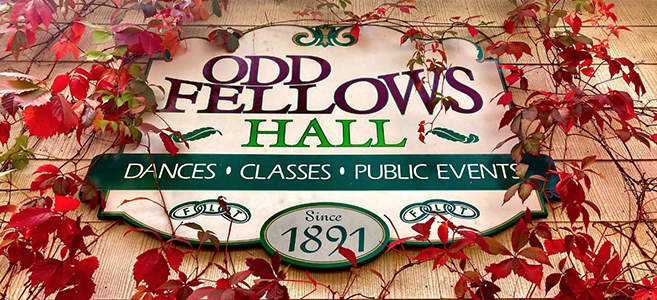||| MIDNIGHT MUTTERINGS BY JACKIE BATES |||
I cringe just a little when someone refers to me as a ‘lady.’ I cringe more when someone refers to me or some other woman as a ‘gal.’ Well, not quite so much when it is another ‘gal’ doing the calling, since she probably has the right and means no harm. I think gals are old chicks, possibly amusing, but not to be taken seriously.
Certainly, with all that is going on in the world, notably in Haiti and Afghanistan, not to mention a world-wide pandemic that is getting more complicated all the time, and the eternal problems of racism and poverty, climate change, food inequality, inequality of all stripes, my momentary cringiness is a mere first world problem, if that, but still…
I am happy and relieved that talking openly about race seems to happen more as time goes on, and I hope there are a lot more discussions to come. I hope there is a lot more listening, a lot more understanding about the role, the power, of white privilege, even if we abuse that privilege only by default. I hope even more that some real changes come, and soon. I was/am discouraged that the cry of ‘Black Lives Matter’ is too often responded to by ‘All Lives Matter.’ Though it’s certainly true that all lives do matter, for too long Black lives haven’t mattered nearly as much. Even now.
What we don’t talk as much about is class. It used to be a compliment for a woman to be called a ‘classy lady.’ Maybe is still is, but not to me. As I have mentioned too often, I grew up in the south, and Black women were never called ‘ladies.’ Black men were not called ‘gentlemen,’ or on rare occasions, and awkwardly, someone might have been referred to as a ‘Black gentleman’ or a ‘Black lady. Though far more often the terms would be ‘colored lady’ or ‘colored man’ to distinguish that person from a the norm—that is, a white person.
Almost a half century ago (and yes, I have noticed that more of my sentences start with that phrase) I was a newly minted Assistant Professor at the University of Virginia in Charlottesville, and I had to read a lot in order to pretend I knew what I was talking about. One of the more interesting books I read was called something like History of Childhood. (I tried to find that book recently. I did find A History of Childhood and The History of Childhood. Those books, even in the first editions, were published on either side of the most recent turn of the century, so they cannot be the book I read back then.)
From that book, which was about the history of childhood in England, I learned a few things that have stayed with me. First, that a (presumably white) man was a ‘gentleman’ who, while not royal, was someone who, due to family wealth, didn’t have to work for a living, and a ‘lady’ was a woman who was owned and supported by a ‘gentleman,’ most likely her husband, but he could be her father or brother, or even uncle, if she came from a family whose men died early. Further, a ‘child’ was someone of lower class, not necessarily a person who had been born not so long ago.
I am also reminded that, again in the South (and probably elsewhere), a Black man might be called ‘boy,’ or ‘colored boy,’ which said nothing about his age, just his race, which then determined his social status, and lack thereof.
Social mobility is so much easier if one is white, is male, and is born with money. Of course we all know exceptions. But they are the stars, not the norm. Decades ago when I was collecting data in a Seattle Public School (for a study never published) I noticed how the fifth grade boys controlled the physical space outside as well as in the classroom in that alternative school without assigned seats. When I mentioned it to the teacher, she was at first defensive. Then she looked around and noted Andrea, a girl who always played with the boys in the middle of the playground. The teacher was correct. Andrea did play in the middle of the playground, was a leader, indoors and outdoors. But she was the only girl. A star. All the other girls and all but two of the minority boys in this purposely integrated school, kept to the periphery of the playground AND the classroom. Influences of race and class in elementary school: I wonder if it’s much different now.
Then there is the term ‘girl,’ which can have nothing to do with age. There are lots of examples: Girl Friday for starts. Girls’ softball team, and my personal favorite(!): ‘My girl will get in touch with your girl to work out the details.’ Spoken by one powerful man to another about two grown women who aren’t their romantic partners or daughters. Girls’ night out isn’t about several female ten year olds hitting the bars while their husbands babysit.
Ah, and why do we never hear of women ‘babysitting’ their own children?
So please don’t call me a lady. Makes me cringe.








